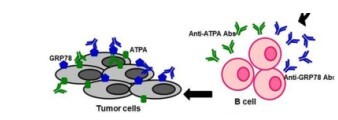
Yu-Ling Lin
Assistant Research Fellow
02-2787-2126
lyring@gate.sinica.edu.tw
A733, Agricultural Technology Building
Lab.
A727, Agricultural Technology Building
Tel: 02-2787-2127
2019. 01 – present Assistant Research Fellow, Agricultural Biotechnology Research Center, Academia Sinica
2013. 09 – 2018 .12 Assistant Research Fellow, Center for Bioinformatics Research, National Chiao Tung University
2017. 06 – 2017. 09 Visiting Scientist, Department of Biology, Johns Hopkins University
2011. 09 – 2013. 07 Postdoctoral Research Fellow, Center for Bioinformatics Research, National Chiao Tung University
2007. 02 – 2011. 08 Ph.D., Institute of Molecular Medicine and Bioengineering, National Chiao Tung University

